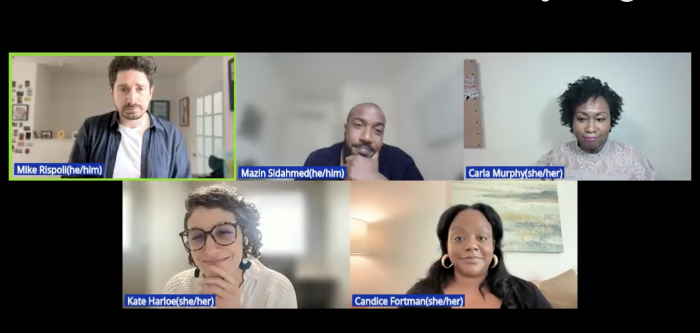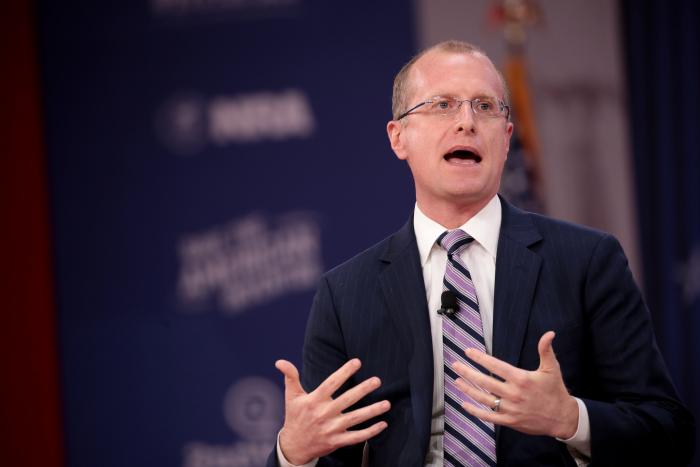Why the Emergency Broadband Benefit Is So Crucial

Good news! This week, the Federal Communications Commission launched the Emergency Broadband Benefit (EBB) program.
What is the Emergency Broadband Benefit?
In last December’s COVID-19 relief package, Congress included $3.2 billion to help struggling families afford internet access. Lawmakers directed the FCC to quickly set up the EBB program to distribute this money.
The benefit provides a direct subsidy of up to $50 per month for eligible households to put toward their internet bills. For those living on Tribal lands, the benefit can be up to $75 per month. Some internet providers may also offer a $100 discount on computers or tablet devices to EBB customers.
Households can demonstrate their eligibility in a variety of ways, including by showing they already participate in federal-benefit programs such as SNAP, Medicaid or the FCC’s existing Lifeline program. Families can also qualify by showing their income is less than 135% of the poverty line, by participating in the free or reduced-price school-lunch program or by showing they’ve experienced job or income loss since Feb. 29, 2020.
People can check their eligibility and apply for the EBB on the FCC’s website, GetEmergencyBroadband.org, or by reaching out to their preferred internet provider. While most ISPs have chosen to participate in the EBB, some have not.
For those who need help applying for the EBB or have questions about the process, our friends at MediaJustice have set up an incredible resource at EBBHelp.org. The FCC has also shared useful materials online, and a helpline for applicants at 1-833-511-0311.
Why is the EBB launch important?
The digital divide between those who have high-speed internet at home and those who don’t is a serious problem in our society, and a major source of racial and economic inequity. Low-income families and people of color are disproportionately more likely to be disconnected than their wealthier and white counterparts. The internet is a tool for self-expression, education, organizing and economic growth — which means this kind of systemic discrimination has severe consequences.
During the COVID-19 pandemic, it’s been even harder for families experiencing job or income loss to afford expensive internet-service plans. At the same time, internet access has become even more crucial as a tool to connect safely to schools, health care, work, news and loved ones.
Everyone should be able to have reliable high-speed internet at home, but steep prices are keeping too many families offline. In fact, research consistently shows that high internet prices are the primary barrier driving the digital divide.
That’s not surprising, because internet prices are too high for everyone.
The spiraling cost of getting connected
In our latest report, Price Too High And Rising, Free Press research shows that monthly broadband costs continue to rise much faster than the rate of inflation. ISPs have grown their profits before and even during the pandemic, despite the economic hardship so many families and businesses have experienced.
Even worse, low-cost options are all but disappearing as providers keep raising the price of their entry-level service tiers. Cable lobbyists like to brush this problem aside by claiming that people are getting faster speeds for their money — but the increased speed is irrelevant if your family is struggling to afford $20 per month for a budget-speed tier and the provider hikes the price to $40.
These problems existed long before the pandemic, and we need long-term solutions for them. And right now we need to seat a fifth FCC commissioner so the agency can properly reclassify broadband providers as telecommunications carriers under Title II — a step that would enable the agency to ensure that ISPs offer just and reasonable rates.
But establishing the EBB program is still a huge opportunity for those who’ve been struggling during this health crisis to receive some long-overdue relief — and to make certain they can get and stay connected to the internet.
Check out if you’re eligible for the EBB at GetEmergencyBroadband.org, or check with a participating ISP. Help spread the word to make this critical program a success.





